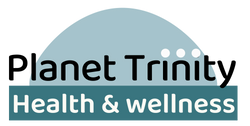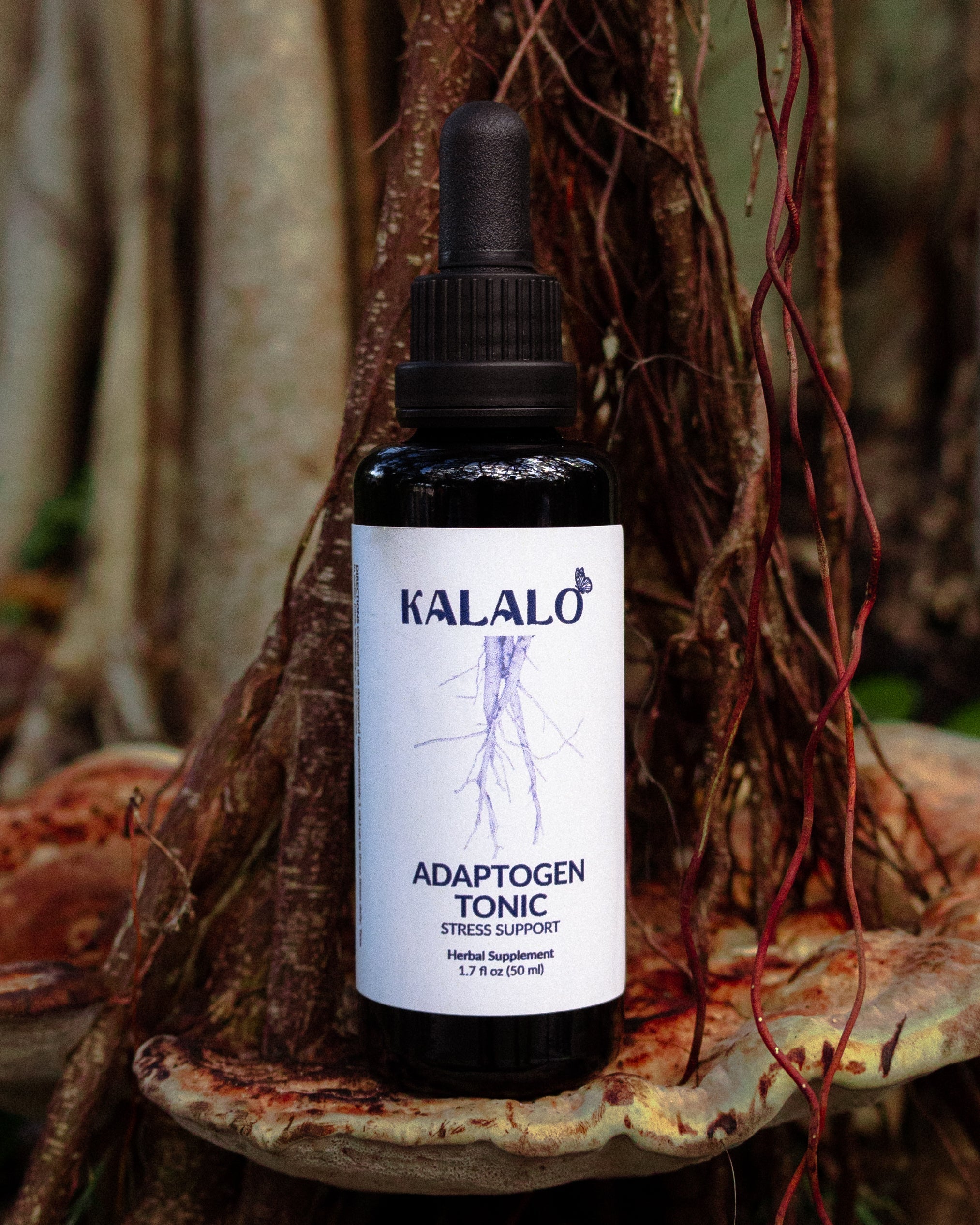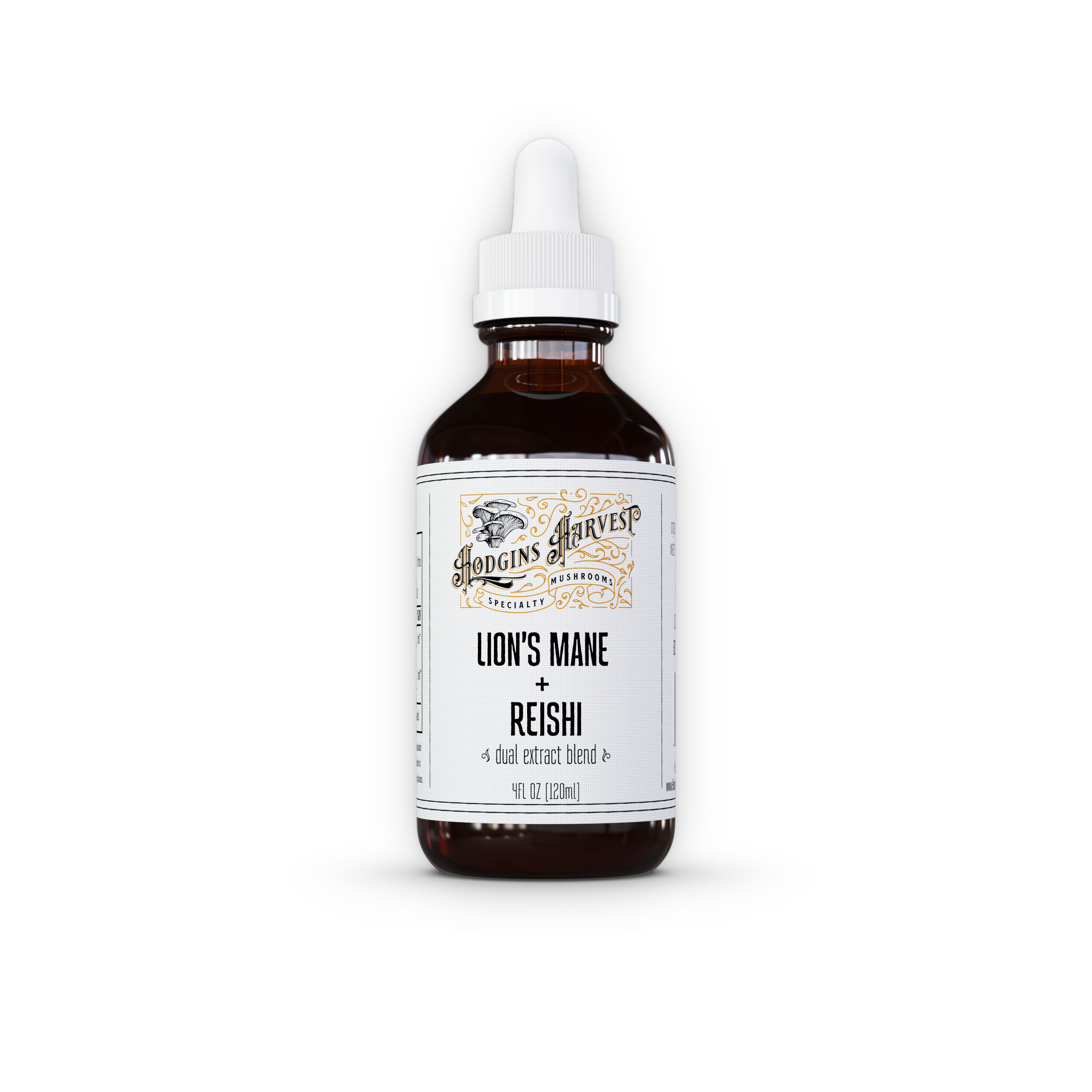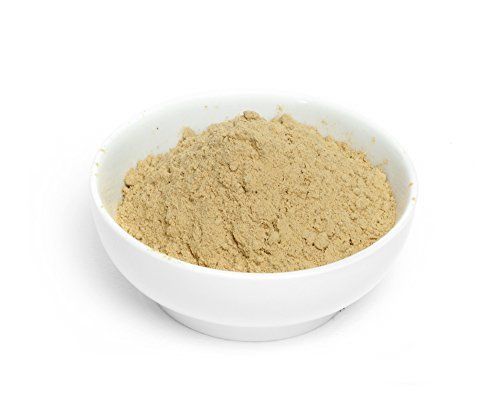
Polycystic Ovary Syndrome (PCOS) is a common endocrine disorder affecting women of reproductive age, characterized by hormonal imbalance, irregular menstrual cycles, ovarian cysts, insulin resistance, and metabolic disturbances. It can lead to symptoms like acne, excessive hair growth, weight gain, fertility issues, and increased risk of type 2 diabetes and cardiovascular disease.
While conventional treatments often include hormonal therapy, insulin sensitizers, and fertility medications, increasing evidence supports the role of nutritional interventions, vitamins, minerals, and supplements in alleviating symptoms, improving hormonal profiles, and supporting metabolic health.
This comprehensive overview explores research-backed nutrients and supplements that can aid in managing PCOS, along with their effects on key disorder aspects.
Understanding the Effects of PCOS
PCOS involves complex neuroendocrine dysregulation, primarily:
- Hyperandrogenism: Elevated levels of male hormones (androgens) cause symptoms such as hirsutism, acne, and scalp hair thinning.
- Insulin Resistance: Commonly present, leading to elevated insulin levels that further stimulate androgen production.
- Hormonal Imbalance: Disrupted LH/FSH ratio affects ovulation and menstrual regularity.
- Metabolic Abnormalities: Increased risk for obesity, dyslipidemia, and type 2 diabetes.
- Chronic Low-Grade Inflammation: Contributes to insulin resistance and cardiovascular risk.
Addressing these core issues through nutrition can help restore hormonal balance, improve ovulation, and reduce long-term health risks.
Key Nutrients and Supplements Supported by Research
1. Inositol (Myo-inositol and D-Chiro-inositol)
Role:
- Regulates insulin signaling, improves ovarian function, and restores menstrual regularity.
Research:
- Multiple studies (Fertil Steril, 2011; Gynecological Endocrinology, 2016) show that inositol (particularly myo-inositol and D-chiro-inositol) improves insulin sensitivity, reduces androgen levels, and promotes ovulation in women with PCOS.
Dosage:
- Commonly 2–4 grams daily, often combined in a 40:1 ratio of myo-inositol to D-chiro-inositol.
2. Vitamin D
Role:
- Modulates immune function, improves insulin sensitivity, and reduces androgen levels.
Research:
- Low vitamin D levels are linked to more severe PCOS symptoms (Fertil Steril, 2015).
- Supplementation has been shown to improve insulin resistance and menstrual regularity (Exp Clin Endocrinol Diabetes, 2017).
Dosage:
- 1,000–4,000 IU daily, with serum monitoring.
3. Omega-3 Fatty Acids (EPA and DHA)
Role:
- Reduce systemic inflammation, improve lipid profiles, and support hormonal health.
Research:
- Studies (J Clin Endocrinol Metab, 2012; Nutrients, 2019) suggest omega-3 supplementation decreases inflammation and androgen levels, with some improvement in ovulation.
Dosage:
- 1–3 grams daily.
4. N-Acetylcysteine (NAC)
Role:
- Supports antioxidant defenses, improves insulin sensitivity, and may restore ovulation.
Research:
- Clinical trials (Fertil Steril, 2012; Reproductive BioMedicine Online, 2014) indicate NAC can enhance ovulatory rates and lower testosterone levels, comparable to metformin.
Dosage:
- 600–1200 mg daily.
5. Chromium
Role:
- Enhances insulin signaling and reduces insulin resistance.
Research:
- Some evidence (J Am Coll Nutr, 2007) suggests chromium supplements improve fasting blood glucose and insulin sensitivity in women with PCOS.
Dosage:
- 200–600 mcg daily.
6. Cinnamon
Role:
- Improves insulin sensitivity and reduces blood sugar levels.
Research:
- Studies (Diabetes Care, 2007; J Clin Endocrinol Metab, 2013) show cinnamon supplementation improves fasting glucose and insulin sensitivity.
Usage:
- 1–2 grams per day.
7. Omega-6 and Antioxidants (e.g., CoQ10)
Role:
- Support cellular energy, reduce oxidative stress, and improve ovarian function.
Research:
- CoQ10 supplementation has improved oocyte quality and menstrual regularity (Fertil Steril, 2017).
Dosage:
- 100–300 mg daily.
Dietary and Lifestyle Strategies to Support PCOS Management
In conjunction with supplements, lifestyle changes can greatly improve symptoms:
-
Balanced, Anti-Inflammatory Diet:
Prioritize whole foods, rich in fiber, vegetables, fruits, lean proteins, and healthy fats (such as omega-3s). Limit processed foods, refined sugars, and trans fats, which can worsen insulin resistance and inflammation. -
Regular Physical Activity:
Exercise improves insulin sensitivity, promotes weight loss, and supports hormonal balance. Both aerobic and resistance training are effective. -
Weight Management:
Even modest weight loss (5-10%) has been shown to normalize menstrual cycles and improve metabolic parameters. -
Stress Reduction:
Chronic stress can exacerbate hormonal imbalances. Mindfulness, yoga, and meditation are beneficial. -
Adequate Sleep:
Poor sleep worsens insulin resistance and hormone dysregulation. Aim for 7-9 hours of quality sleep.
Integrating Nutritional Support for PCOS
An effective approach involves combining targeted nutraceuticals with dietary and lifestyle modifications:
- Start with myo-inositol or D-chiro-inositol for insulin regulation and ovarian health.
- Ensure vitamin D levels are optimal; supplement if deficient.
- Incorporate omega-3s, NAC, and chromium to address inflammation and insulin resistance.
- Use cinnamon regularly to help regulate blood sugar.
- Adopt an anti-inflammatory diet emphasizing fiber, plant-based foods, and healthy fats.
Final Thoughts
While PCOS is a multifactorial disorder requiring personalized management, evidence supports the beneficial role of certain nutrients and supplements in alleviating symptoms and supporting metabolic and hormonal health. Combining nutraceutical support with lifestyle modifications can enhance fertility, reduce metabolic risks, and improve overall well-being.
Always consult with healthcare professionals, such as endocrinologists or dietitians, before initiating any new supplement regimen, especially if you’re on medication or managing other health conditions.
Disclaimer:
This article provides general educational information and should not replace personalized medical advice. Proper diagnosis and treatment should be guided by a healthcare professional familiar with your health history.










